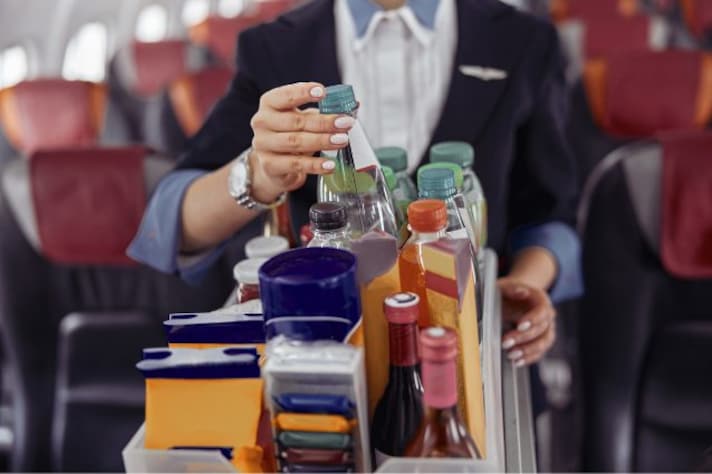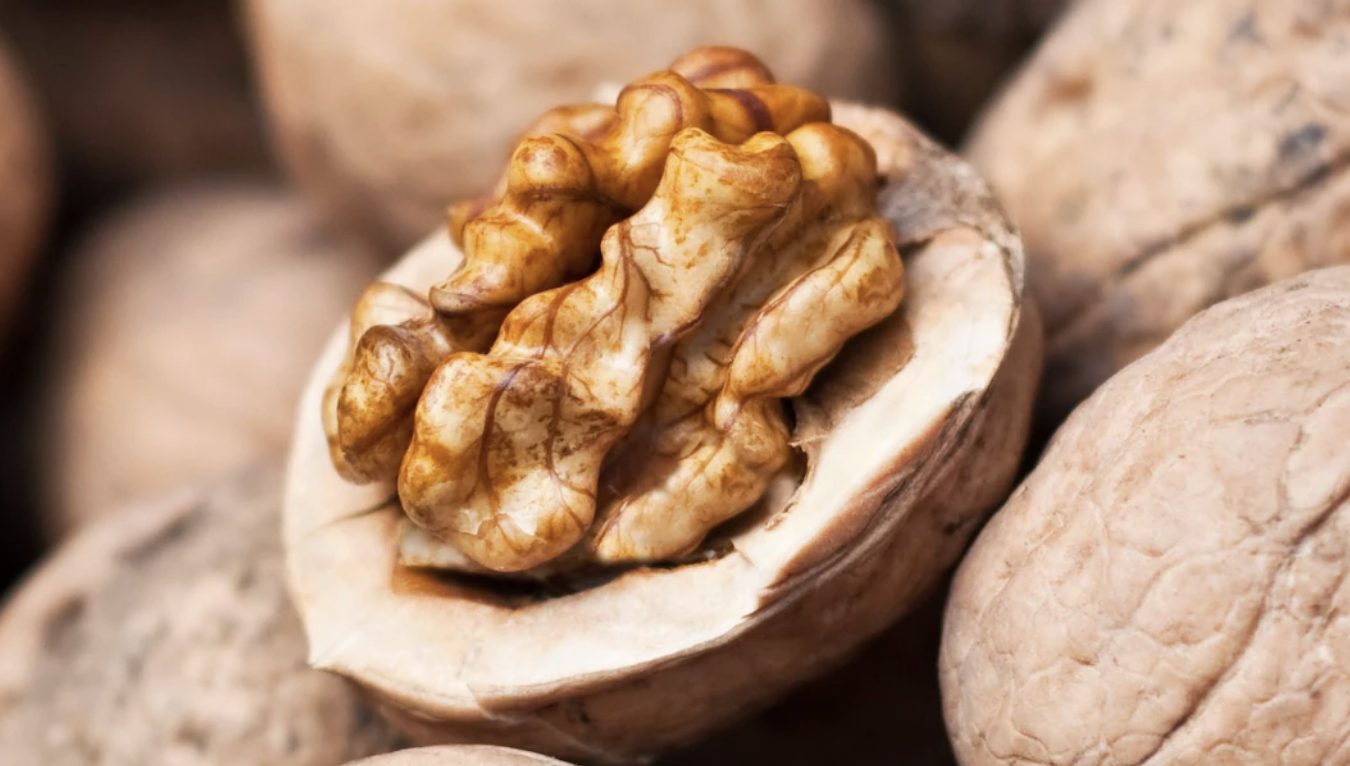Here’s Why You Should Never Order These Drinks While On a Plane
Avoid hot drinks on flights due to potentially unsafe water. Alcohol can dehydrate and intensify jet lag at high altitudes, while sugary and carbonated drinks may cause energy spikes and bloating. Stick to bottled water, non-carbonated fruit juices, or electrolyte-infused beverages for hydration without health risks.

Traveling by air can be an exhilarating experience, offering the promise of new destinations and adventures. However, your choice of beverages at 30,000 feet could significantly impact your comfort and health. While the allure of complimentary drinks might tempt you to indulge, it’s crucial to stay informed about the best options for your wellbeing. Let's learn about the drinks you should steer clear of while on a flight and provides safer, more enjoyable alternatives.
Coffee and Tea: A Hot Topic
Among the beverages to approach with caution on airplanes are hot drinks like coffee and tea. The reason for this caution isn’t about the beverages themselves but the water used to make them. Aircraft water tanks are notoriously difficult to clean and can harbor bacteria and other pathogens. Since the water for coffee and tea isn’t always boiled long enough to kill these germs, it’s best to avoid these hot drinks, especially on short flights where the convenience might not be worth the risk.
Alcoholic Beverages: The High Altitude Effect
Alcohol is another drink to consider avoiding on flights. At high altitudes, your body absorbs alcohol differently, leading to quicker intoxication and dehydration. These effects can amplify discomfort, particularly on long flights, making jet lag worse. While it might be tempting to enjoy a free wine or beer, especially on international flights, the after-effects might not be worth the temporary pleasure.

Sugary and Carbonated Beverages: Unwanted Travel Companions
Sugary drinks and sodas might offer a quick energy boost, but they’re far from ideal when flying. Sugar can lead to spikes in energy followed by crashes, making it harder to adjust to new time zones and disrupting sleep patterns. Carbonated drinks, on the other hand, can cause bloating and discomfort due to gas expansion at high altitudes, making your flight less comfortable.
Tap Water: Questionable Quality
As with coffee and tea, the quality of tap water on airplanes can be questionable due to the reasons mentioned earlier. It’s advisable to avoid drinking tap water directly from the plane’s bathroom taps or any water that hasn’t been sealed in a bottle. This includes ice cubes made onboard unless you’re certain they’re made from bottled water.
What Can You Drink on a Long Flight?
Focusing on what you can enjoy, water remains the best choice for staying hydrated during flights. Opting for bottled water ensures safety and helps combat the dry cabin air. If you’re looking for a bit of flavor, consider bringing your own herbal tea bags and asking for hot water, knowing the risks, or stick to non-carbonated, no-sugar-added fruit juices provided by the airline. Electrolyte-rich beverages, like coconut water or electrolyte-infused drinks, can also be a wise choice, especially on long flights. These can help maintain your body’s balance, combating the dehydrating effects of flying.
;Resize,width=767;)
;Resize,width=712;)
;Resize,width=712;)
;Resize,width=712;)
